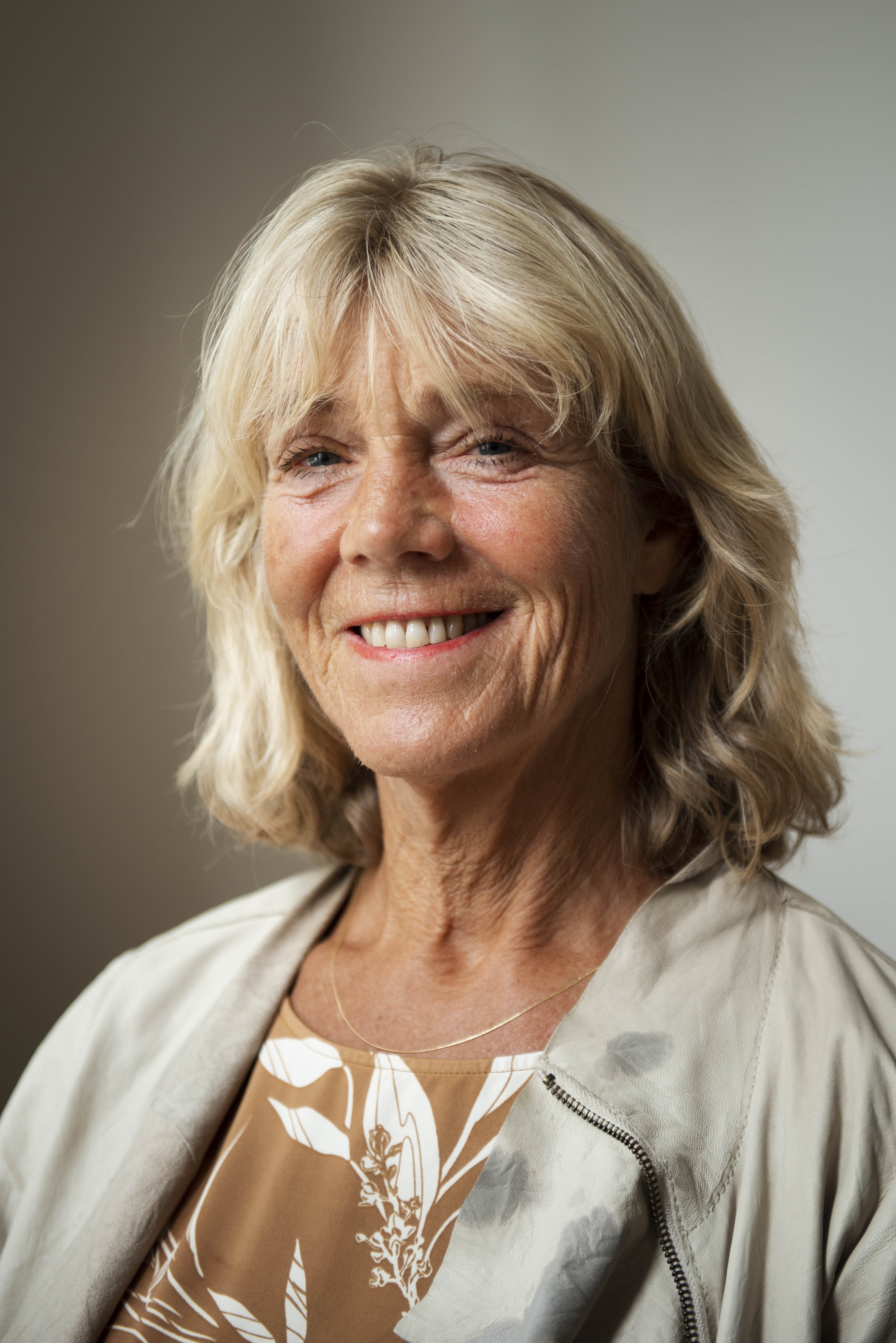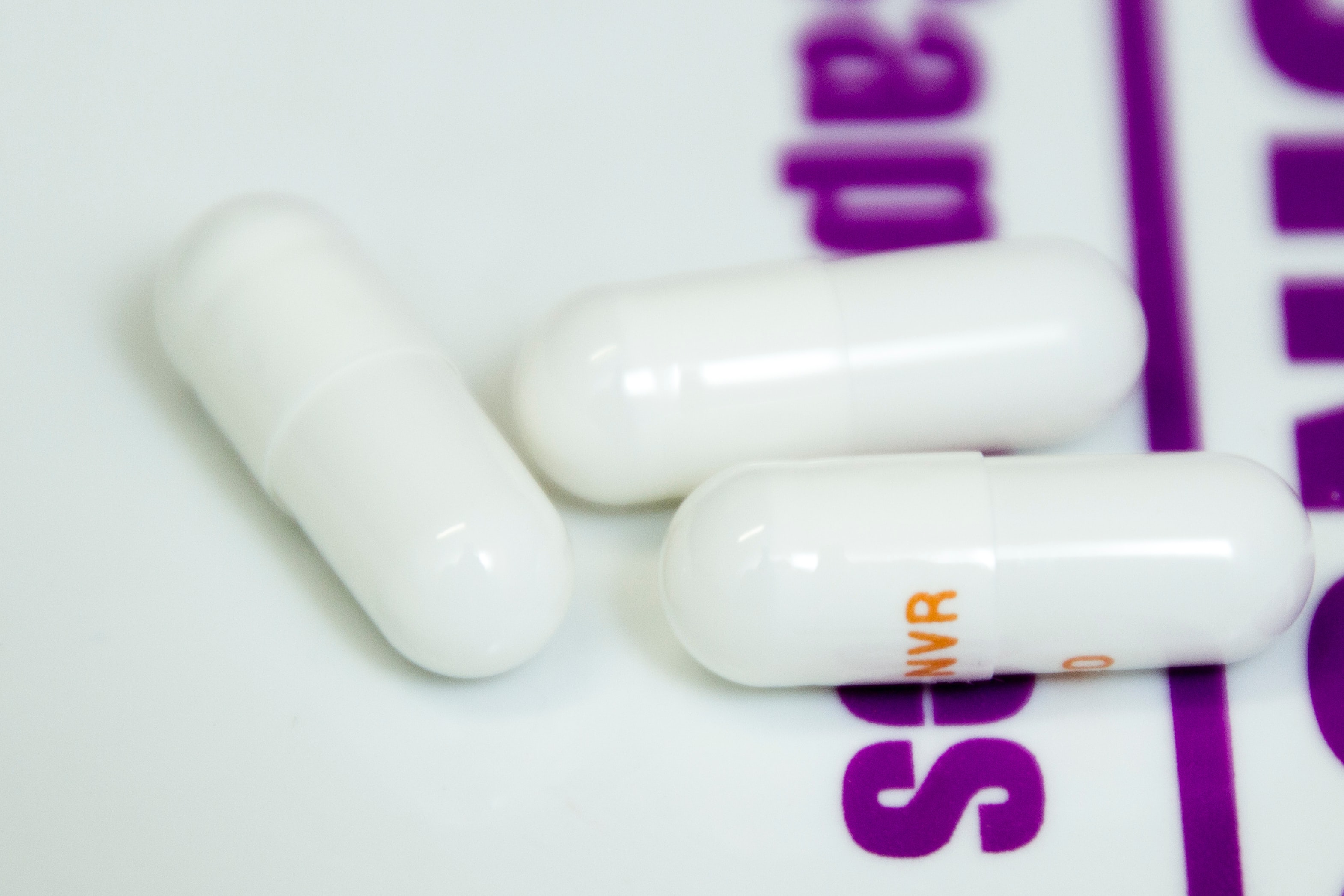Building a South Limburg infrastructure for the development of biological medicines
Over the next few years, a cross-border consortium led by Maastricht University will create an innovative infrastructure for developing biological medicine. Pharmaceutical company Basic Pharma Technologies will serve as the missing link to help transform scientific biomedical research into market-oriented applications in the Dutch Flanders border region. This partnership, unique in South Limburg, will make a significant contribution to the region’s economic development.
Missing link
Biological medicines are medicines containing one or more active ingredients made from living organisms, such as bacteria, fungi, animal or human cells. Many of the active ingredients in biological medicines are proteins that are similar to human proteins. Some of these ingredients occur naturally in the human body, such as insulin or growth hormones. The active ingredients in biological medicines are larger and more complex than those found in non-biological medicines. The production process is also more complicated. Researchers are only capable of creating very small quantities in a university setting. But the safety and efficacy of new medicines must also be demonstrated through patient trials. The successful implementation of these clinical trials requires considerably larger quantities of these new medicines. Basic Pharma Technologies in South Limburg is the missing link in the production of this research material. In 2017, the company plans to build several new clean rooms on the Brightlands Chemelot Campus in Geleen. A clean room is a facility that can strictly regulate all aspects of air quality in order to protect sensitive products, like biological medicines.
SKiN-HUID
The study intended to improve the South Limburg infrastructure for the development of biological medicines is known as the cross-border project SKiN-HUID. Under the auspices of Maastricht University, Basic Pharma and UM spin-off MosaMedix are collaborating with the University of Antwerp and the Flemish Institute for Biotechnology (VIB) to develop a new therapy for skin cancer based on a combination of biological medicines and electrical stimulation. This should allow for the more effective treatment of skin cancer, with fewer side effects for the patient. Acclaimed international skin cancer researcher and professor Jean-Christophe Marine from KU Leuven is also affiliated with the project. SKiN-HUID is financed by the Interreg V programme of Flanders-Netherlands, the cross-border collaboration programme that receives financial support from the European Fund for Regional Development. The project is also receiving considerable support from the Province of Limburg and the Ministry of Economic Affairs.
Economic development
The collaborative project is expected to make a significant contribution to the economic development of the South Limburg region. 'The infrastructure created by this project will accelerate the valorisation of biomedical research at Maastricht University,' explains Chris Reutelingsperger, endowed professor of Biochemistry at UM and project leader for SKiN-HUID. 'Optimising the chain will encourage more innovative life science companies to relocate to the Brightlands Maastricht Health Campus and the Brightlands Chemelot Campus.'
Harry Relouw, general manager of Basic Pharma, sees the economic implications of this new infrastructure in even broader terms. 'This step can also help to stimulate cross-border collaboration among the different campuses in South Limburg, Leuven, and Aachen. Looking at it in this light, the region has what it takes to become a top European hotspot for biotechnology.'
Also read
-
In honour of the presentation of the VNVA Els Borst Prize for her oeuvre, Prof Marlies Bongers is organising the symposium "menstruation in RED on the agenda" on 1 October.
-
In women trying to conceive, 1-3% experience repeated miscarriages. For more than 50% of these women, a cause for the miscarriages has yet to be found. New research from Maastricht University (UM) and the Maastricht University Medical Centre+ (MUMC+) shows that the immune system’s Natural Killer (NK...
-
The European Commission has awarded €23 million to set up a new platform for drug repurposing: the use of existing drugs in diseases other than those for which they were originally developed. In the next seven years UM will develop the platform REPO4EU (precision drug REPurpOsing for Europe)...



